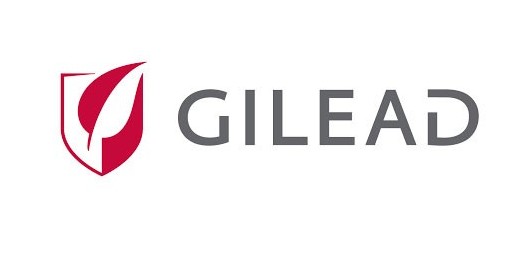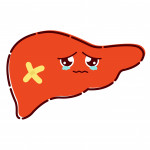Gilead’s experimental fixed-dose combination tablet sofosbuvir/velpatasvir/voxilaprevir cured hepatitis C virus (HCV) at high rates among those who failed a previous treatment for the virus in two recent large trials, MedPage Today reports. The regimen also performed very well among participants with compensated cirrhosis, the less severe stage of the advanced liver disease, which can lower the chance of a cure.
At the end of June, the FDA is expected to decide whether to approve the combination tablet of the NS5B polymerase inhibitor sofosbuvir (brand name Sovaldi), the NS5A inhibitor velpatasvir (when combined with sofosbuvir, this drug is marketed as Epclusa) and the NS3-NS4A protease inhibitor voxilaprevir.
Publishing their findings in The New England Journal of Medicine, researchers conducted two Phase III trials, called POLARIS-1 and -4, of people with all genotypes of hep C who had failed a previous hep C regimen. Gilead released less detailed reports about these trials in 2016.
The POLARIS-1 participants had failed treatment with the NS5A inhibitor class of the direct-acting antiviral (DAA) drugs for HCV. The participants with genotype 1 were randomized to receive 12 weeks of the triple-drug therapy or a placebo; those with other genotypes received the triple-drug tablet. This put 263 people on treatment and 152 people on a placebo.
The POLARIS-4 participants had been treated unsuccessfully with DAAs other than NS5As. In this trial, 314 people with genotypes 1, 2 and 3 were randomized to receive the three-drug combination or Epclusa (sofosbuvir/velpatasvir). The 19 individuals with genotype 4 in this trial were assigned to the triple-drug tablet and treated for 12 weeks.
Of the 263 people who received the triple-drug combo in POLARIS-1, 96 percent achieved a sustained virologic response 12 weeks after completing therapy (SVR12, considered a cure). The treatment cured 96 percent of those with genotype 1a; 100 percent of those with genotypes 1b, 2 and 6; 95 percent of those with genotype 3; 91 percent of those with genotype 4; and the one person with genotype 5. Ninety-three percent of those with compensated cirrhosis were cured, compared with 99 percent of those without cirrhosis.
In POLARIS-4, 98 percent of those treated with the triple-drug tablet were cured, compared with 90 percent of those who received Epclusa. In the triple-drug arm, there was no difference in the cure rate based on whether participants had cirrhosis. By comparison, in the Epclusa arm, 94 percent of those without cirrhosis were cured, compared with 86 percent of those with cirrhosis.
Reported adverse health events were generally similar regardless of whether participants received the triple-drug combo, Epclusa or a placebo. However, more of those receiving the triple-drug tablet experienced headaches, compared with those receiving the placebo. Additionally, in both trials more of those receiving the experimental combination therapy experienced mild to moderate nausea and diarrhea than those in the other treatment arms.
To read the MedPage Today article, click here.
To read the study abstract, click here.







Comments
Comments